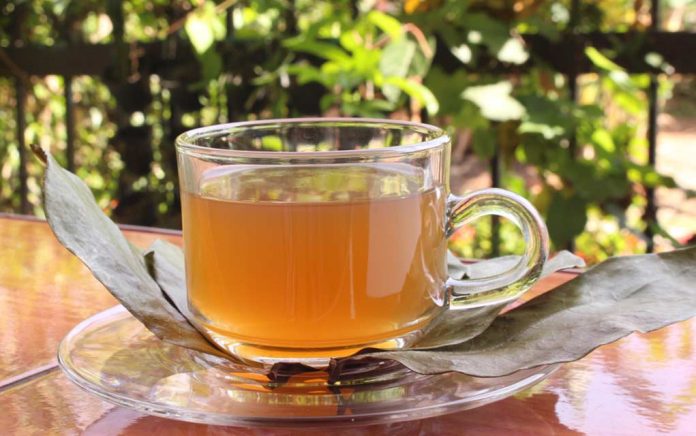
(AscendHealthy.com) – Have you heard of soursop tea? Hailing from tropical and subtropical areas of Africa and South America, this incredible superfood has a slew of potential benefits. However, it also has its risks. Check out our detailed report to find out what you need to know.
This Is What You Need to Know About Soursop Tea.
Benefits of Soursop Tea
Soursop, or graviola, is a tropical plant with large, prickly fruits. According to a Healthline report, the edible meat has a smooth texture with a flavor profile similar to pineapple or strawberries. The fruit itself is low in calories but rich in antioxidants, making it a nutritious snack on its own, but the leaves and stems also have incredible nutritional properties. You can brew tea using the whole plant to get the most out of this superfood.
Check out some of the potential benefits:
- Lowers cancer risks. Looking for new ways to slash your cancer risks? Soursop leaves are so densely packed with nutrients, drinking their tea could help prevent cancer. Mix with green tea to increase the potential benefits.
- Reduces inflammation. The leaves, bark and stems of the soursop plant are all rich sources of coenzyme q10. This protein has amazing anti-inflammatory properties that could also contribute to the plant’s cancer-reducing abilities.
- May treat gout. A recent study determined soursop leaf tea could reduce uric acid content in the blood. High uric acid levels can lead to joint inflammation, insulin resistance, kidney disease and hypertension.
- Antimicrobial properties. Soursop leaves could have numerous antimicrobial uses. Research has shown their extract may be effective against E. coli, Salmonella, Aspergillus flavus and many other nasty microbes.
Some of the active compounds in soursop appear to be toxic to weevils, mosquitoes and snails, making it a possible insecticide.
Know the Dangers
Soursop could also be toxic humans. The entire plant contains more than 100 annonaceous acetogenins (ACGs), a specific type of compound that may be responsible for both positive and negative effects. Numerous studies have shown some of these compounds could have neurotoxic properties, with prolonged consumption leading to the development of a neurodegenerative disease that resembles Parkinson’s. The fruit is especially rich in ACGs.
Another problem may come with authenticity. One study that sampled 11 soursop products showed some weren’t entirely truthful in their labeling. When it comes to any herbal supplement, it’s important to research your sources; cheap counterfeits and products cut with unlisted strains of plants can lead to unexpected, and sometimes even dangerous, side effects.
Finally, the Cancer Center warns that clinical trials using soursop on living humans are lacking. The plant and its fruit may be effective against cancer and numerous other conditions, but that doesn’t mean it’s safe. Until more information comes to light on the risks versus benefits, soursop tea isn’t a recommended therapy.
Soursop tea might have incredible potential, but we still have a lot to learn before we can harness its medicinal properties safely. It might be tempting to give soursop a try given all the potential good it might do, but the risks seem very high. It might be best to defer and leave this one alone until more research has been done to sort out the dangers.
~Here’s to Your Healthy Ascension
Copyright 2019, AscendHealthy.com




















